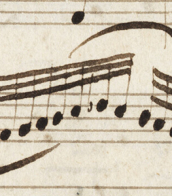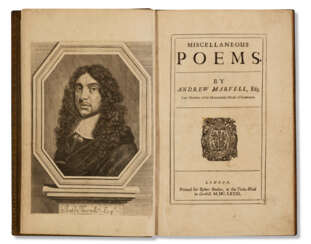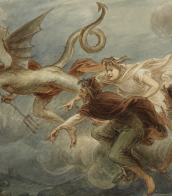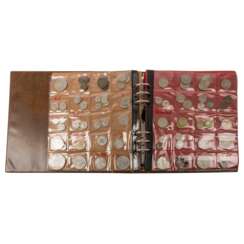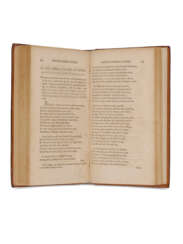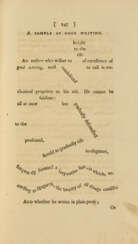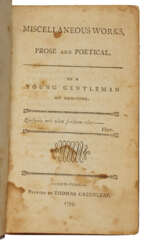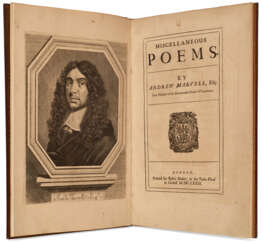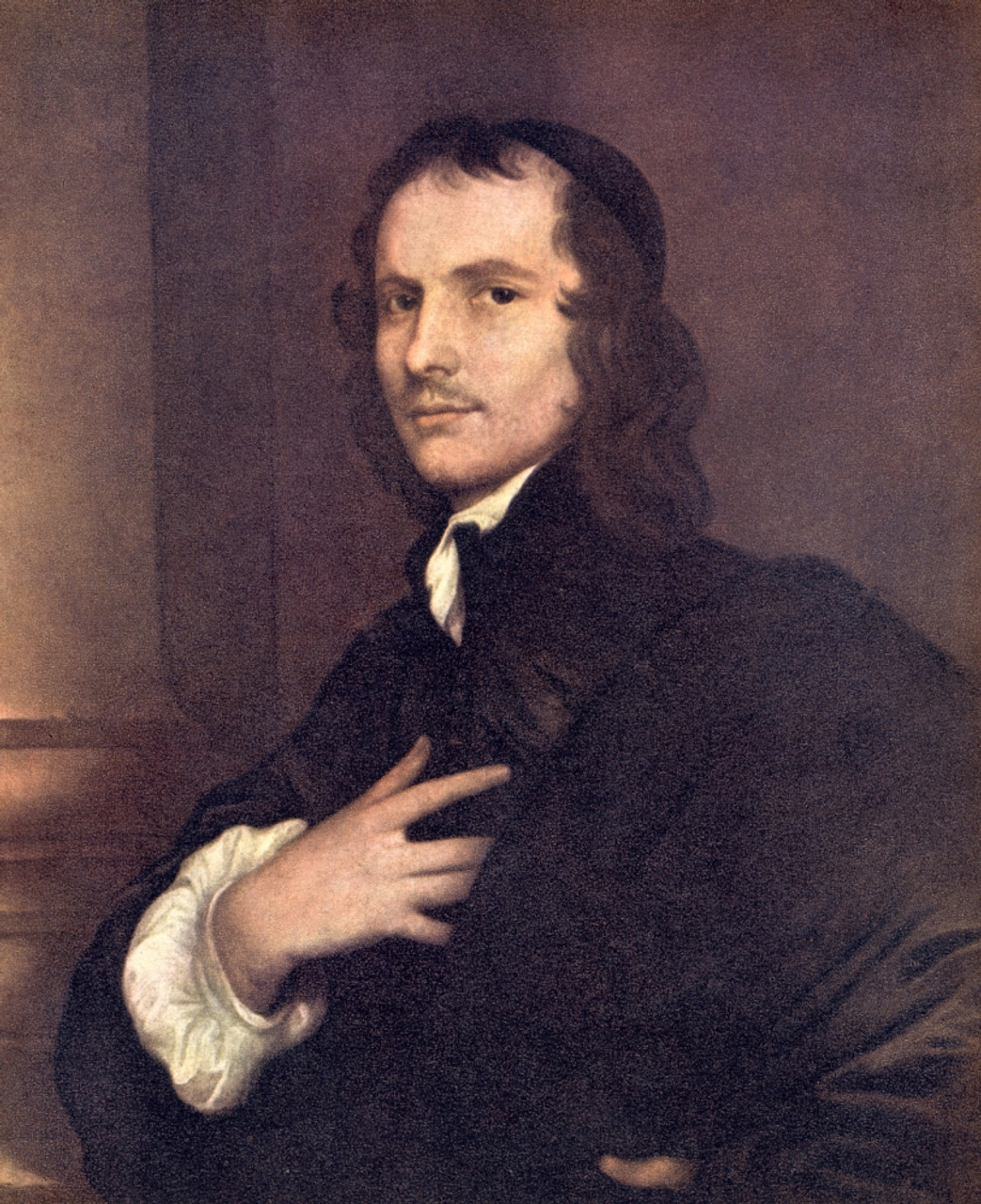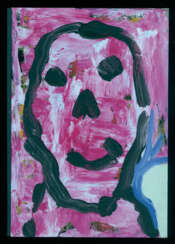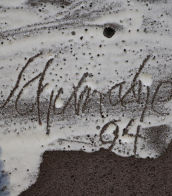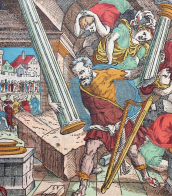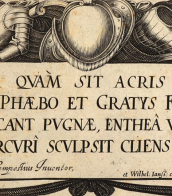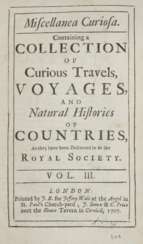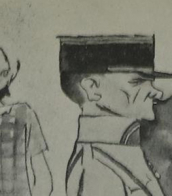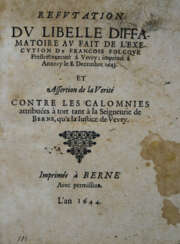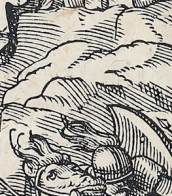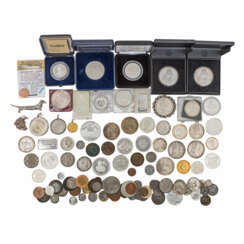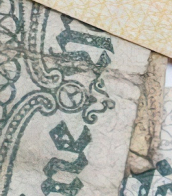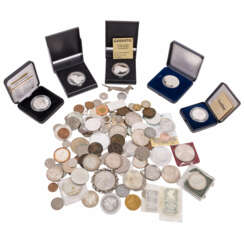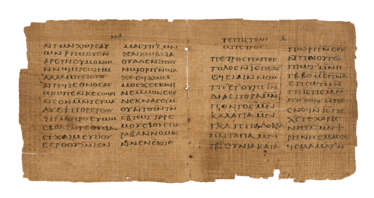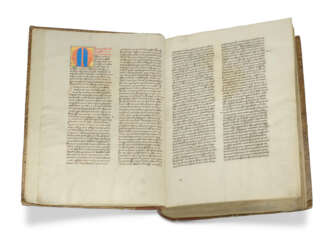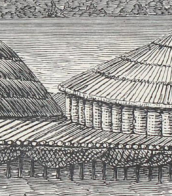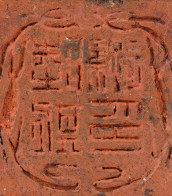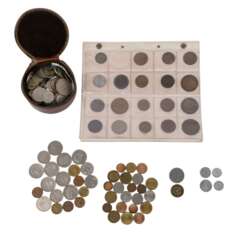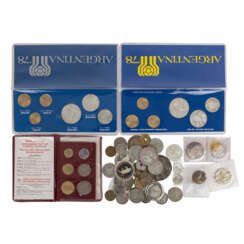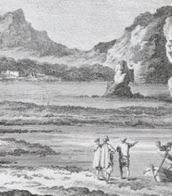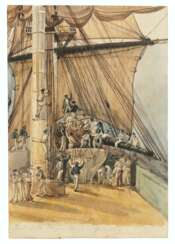miscellaneous
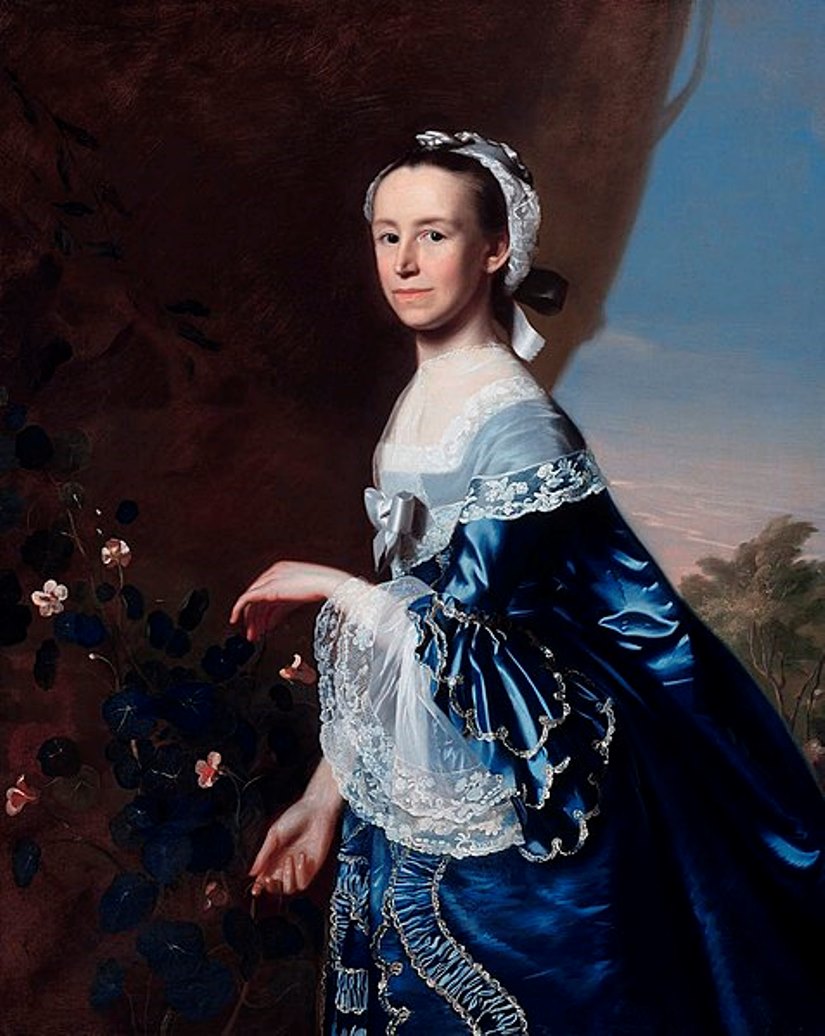
Mercy Otis Warren was an American poet, satirist, playwright, historian, and essayist of the American Revolution.
Mercy Otis was born into a prosperous Cape Cod Island family and was immersed early in the tumultuous political events taking place in the country at the time. One of her brothers was political activist James Otis, who was involved in the American Revolution from the beginning. In 1754, Mercy Otis married farmer James Warren, who later served in the Massachusetts legislature (1766-78). Through her husband's political connections, Warren was personally acquainted with most of the leaders of the Revolution and was constantly at the center of events for more than two decades.
Combining her own convictions with her writing talent, Warren became a poet and historian of the revolutionary era. Her first incisive and polemical pieces in verse were published in a Boston newspaper. This was followed by the prophetic novel Defeat and other works. In 1790 she published a collection of her works, Poems, Dramatic and Miscellaneous, which included two new plays, The Sack of Rome and The Ladies of Castille. For a woman of the time, such publications were very daring, as female writers usually hid under pseudonyms.
Warren also corresponded extensively with politicians, including George Washington and Thomas Jefferson. In 1805, she completed a three-volume work entitled A History of the Rise, Progress, and Termination of the American Revolution. This book was the earliest work on historical events in the country. Its proximity to political leaders and major national events makes Mercy Warren's writings on the American Revolutionary period especially valuable.
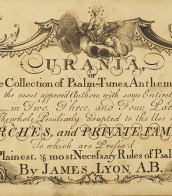
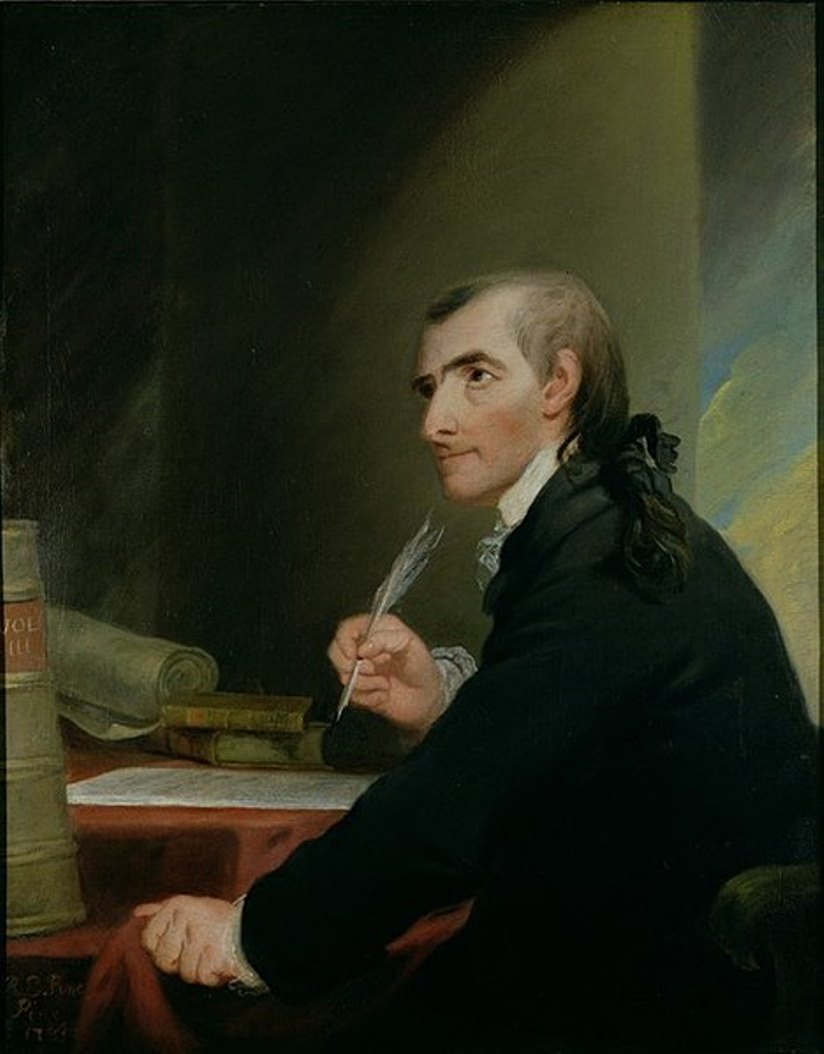
Francis Hopkinson was an American politician, member of the Continental Congress, lawyer, writer and composer.
Hopkinson was educated at Philadelphia College and studied law and was admitted to the bar. In 1774 Hopkinson was appointed a member of the governor's council, and in 1776 he represented New Jersey in the Continental Congress and signed the Declaration of Independence. He was a judge of the Pennsylvania admiralty court from 1779 to 1789 and then served as U.S. District Judge for eastern Pennsylvania until his death.
Hopkinson is credited as one of the designers of the Flag of the United States as well as continental paper bills. As an artist, he designed the seal of the American Philosophical Society, the seal of the State of New Jersey, and the seals of various departments of the U.S. government.
In addition to politics, Hopkinson dabbled in the arts: he played the harpsichord and composed music, and wrote poetry and essays. During the Revolution, he mocked the British and their Loyalist supporters in witty political satires. After the Revolution, he maintained an active correspondence with Benjamin Franklin, George Washington, and Thomas Jefferson.

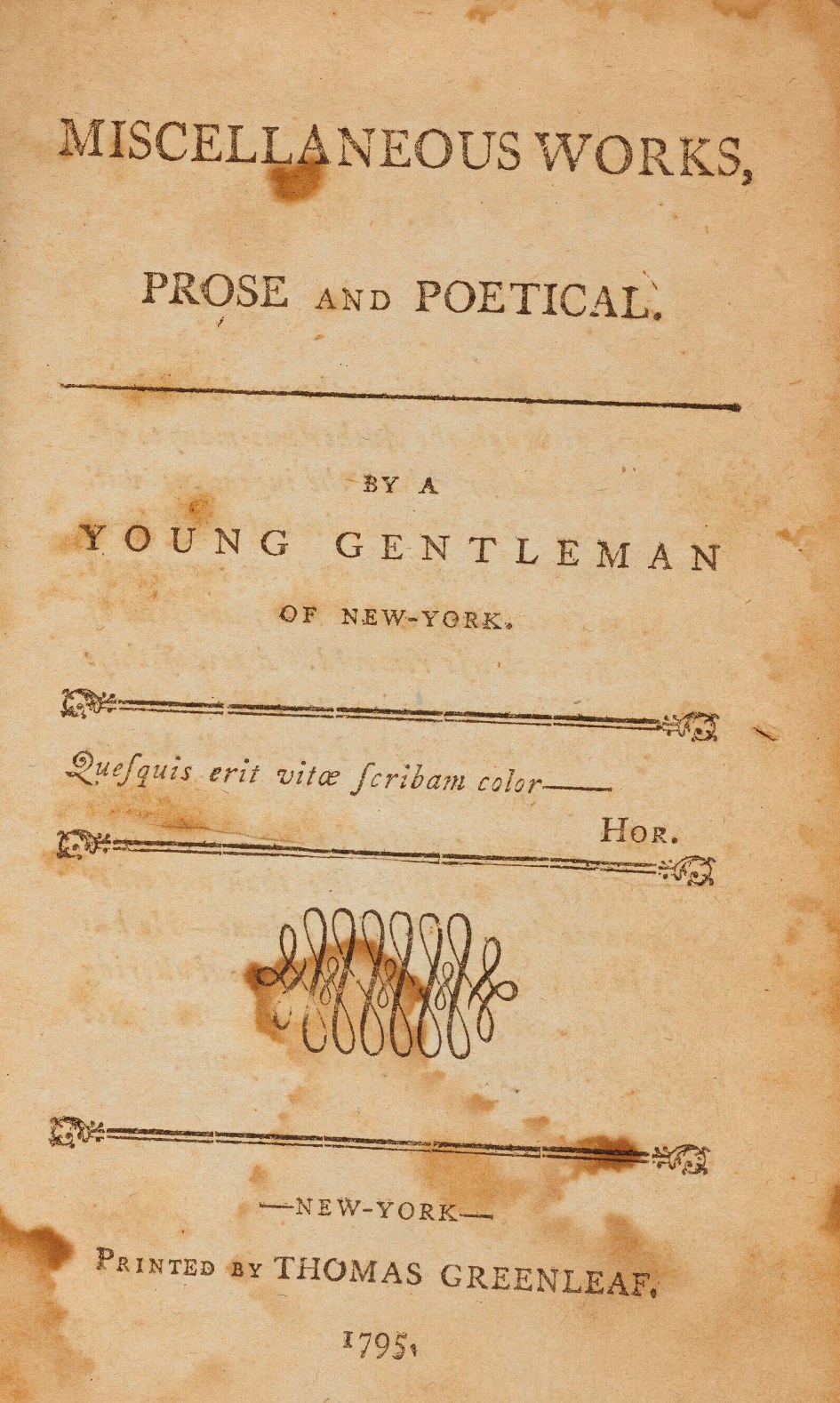
John Blair Linn is an American priest and poet.
Linn graduated from Columbia College and later became a priest. While in college, he published in magazines and newspapers, later writing a play and several collections of poetry and prose.

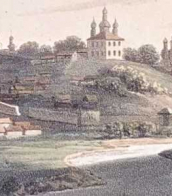
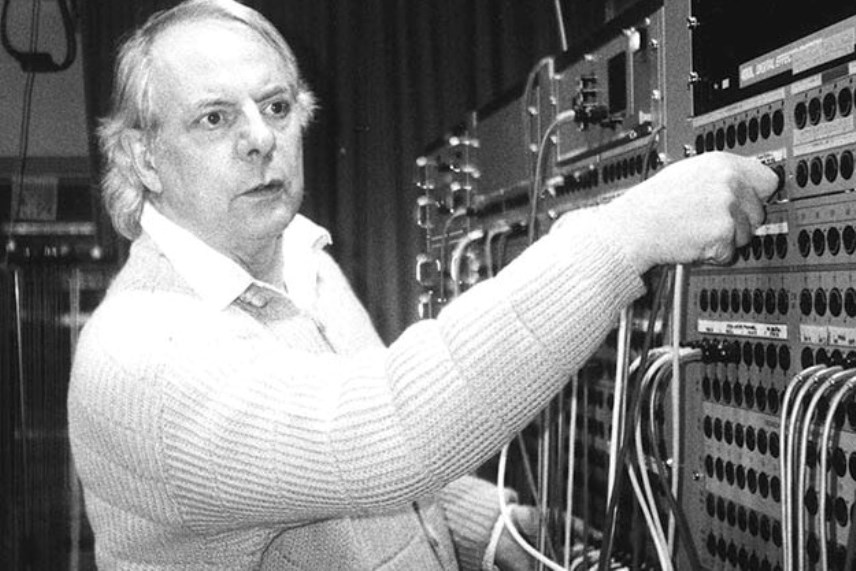
Karlheinz Stockhausen was a German innovative and avant-garde composer, conductor, and musical theorist.
Stockhausen studied at the State Academy of Music in Cologne and the University of Cologne, then in 1952 in Paris with composers Olivier Messiaen and Darius Millau. Returning to Cologne in 1953, he joined the electronic music studio West German Broadcasting (Westdeutscher Rundfunk), of which he was artistic director from 1963 to 1977. Stockhausen created his first electronic music piece in 1953.
In the mid-1950s Stockhausen studied phonetics, acoustics and information theory at the University of Bonn, all of which he used in his musical compositions. From 1953 he began teaching composition in Darmstadt and later organized seminars in Cologne. From 1971 to 1977 he was already professor of composition at the State Academy of Music in Cologne.
Stockhausen used both electronic and traditional instrumentation and supported his approach with rigorous theoretical reasoning and radical innovations in musical notation. He ensured that sounds were equally interesting regardless of the order in which they appeared; random decisions of musical order play an important role in many of his compositions.
Stockhausen lectured and gave concerts with his works throughout Europe and North America. As a creator and theorist of electronic and serial music, he had a significant influence on avant-garde composers of the 1950s and 1980s.
